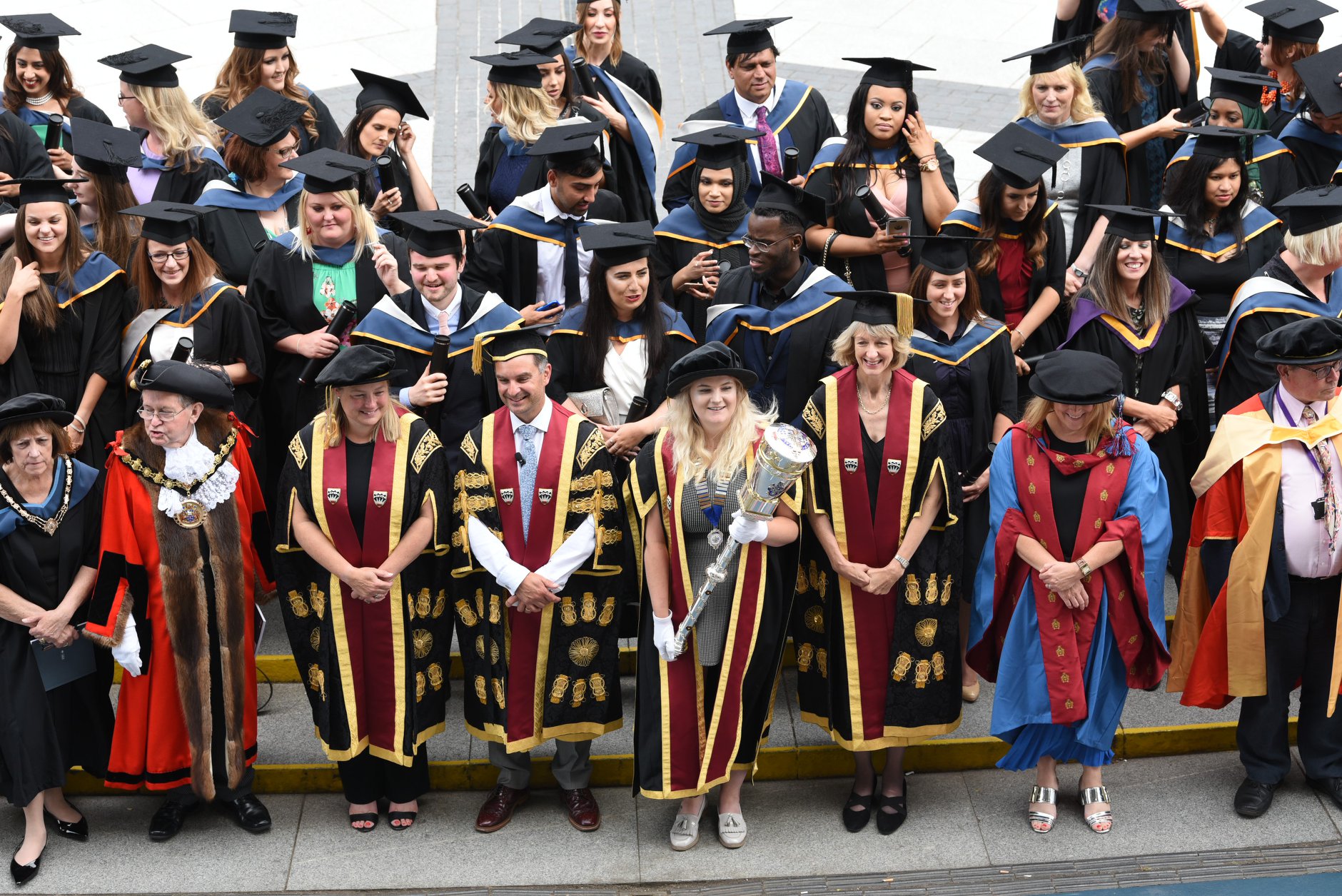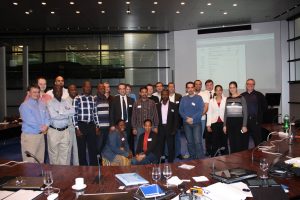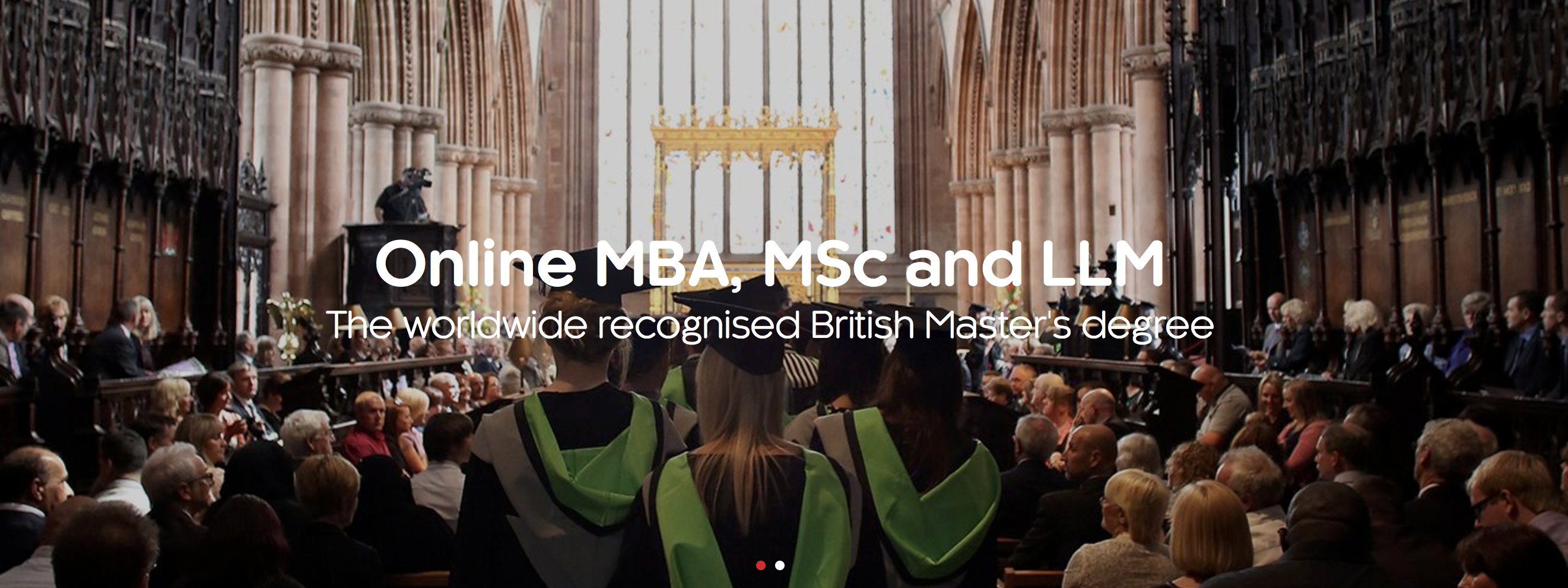In my last blog, I talked about Entrepreneurship in modern times. It encompassed the various factors that led to the rise of entrepreneurship and why being your own boss is rather beneficial than working for someone else. However that made me thinking, what really makes a good entrepreneur? Having being said that the economic, political and social environment are pro-entrepreneurship and new businesses, not everyone is doing it. And not everyone who tried it, tasted success. There could be many reasons for the failure – wrong product, not the right market, not enough marketing, competition etc. But if I narrow it down to the Entrepreneur themselves – would be right to say – success/failure really pivoted upon the entrepreneur’s Attitude. Failure is actually a learning curve for any individual or organization. As Thomas Edison rightly quote, “ I have not failed. I’ve just found 10,000 ways that won’t work”. This is where ‘Attitude’ comes into play. An entrepreneur with the right attitude never gives up! Most successful entrepreneurs, including James Dyson, Walt Disney, Vera Wang and Steve Jobs, failed several times before winning big. Steve Jobs was even fired from Apple in 1985! Steve Jobs said, “ Don’t Let the noise of other’s opinion drown out your own inner voice”.

This holds true for the employees’ of the organization as well. Attitude Or Aptitude? Which is a more crucial trait in an individual; this has been a debate amongst employers, businessmen, financiers and entrepreneurs equally. However if recruiter or entrepreneur has to choose one, they would choose the person with the right attitude every time.
This approach is backed up by studies which have shown that our 80 percent of our success is based on our EQ, compared to 20 percent for our IQ. This means that aptitude only accounts for a paltry 20 percent of our success. It has become a famous recruitment phrase – “Hire for Attitude, Train for Skills” – It is easier to train aptitude than attitude. While attitude is positive / negative / indifferent feeling towards a person, object, event or idea; aptitude is a competency to do certain kind of work. One can always develop, learn or harness their skills or ability to do things. It is really hard to change someone’s attitude, that one develops over years, with factors such as family, upbringing, peers, prejudices, media, social, educational, religious and physical factors, influencing attitude.

Also, it’s easier to overcome obstacles with the right attitude. Any business or organisation constantly faces new challenges and in such difficult times, its only people with right attitude, determination and resilience can envision and direct the company out of the corporate mess.
Always remember, Your Attitude not your Aptitude, will determine Your Altitude!







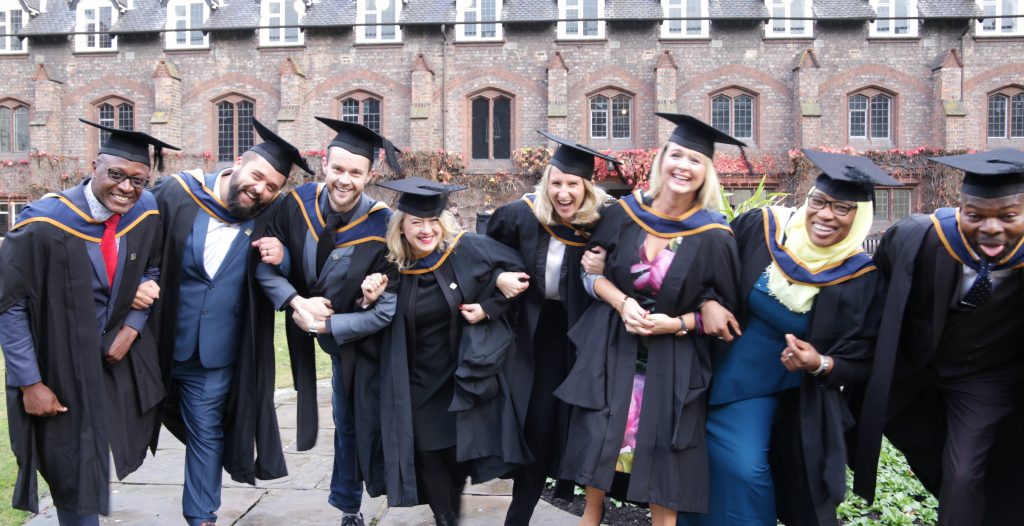


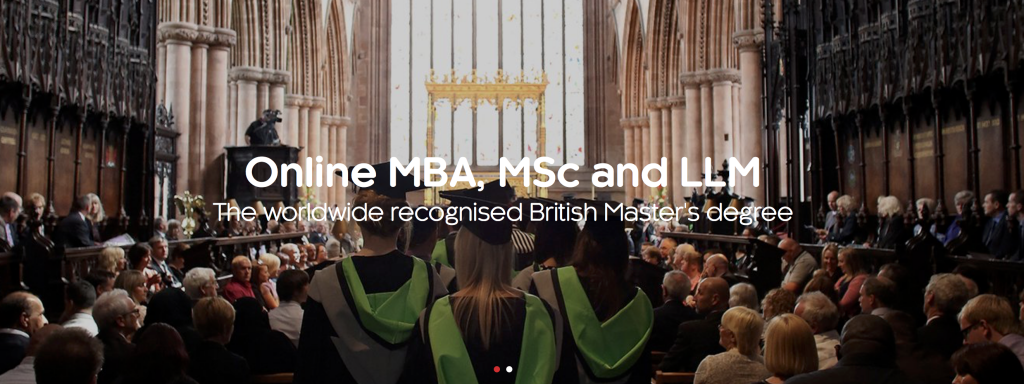



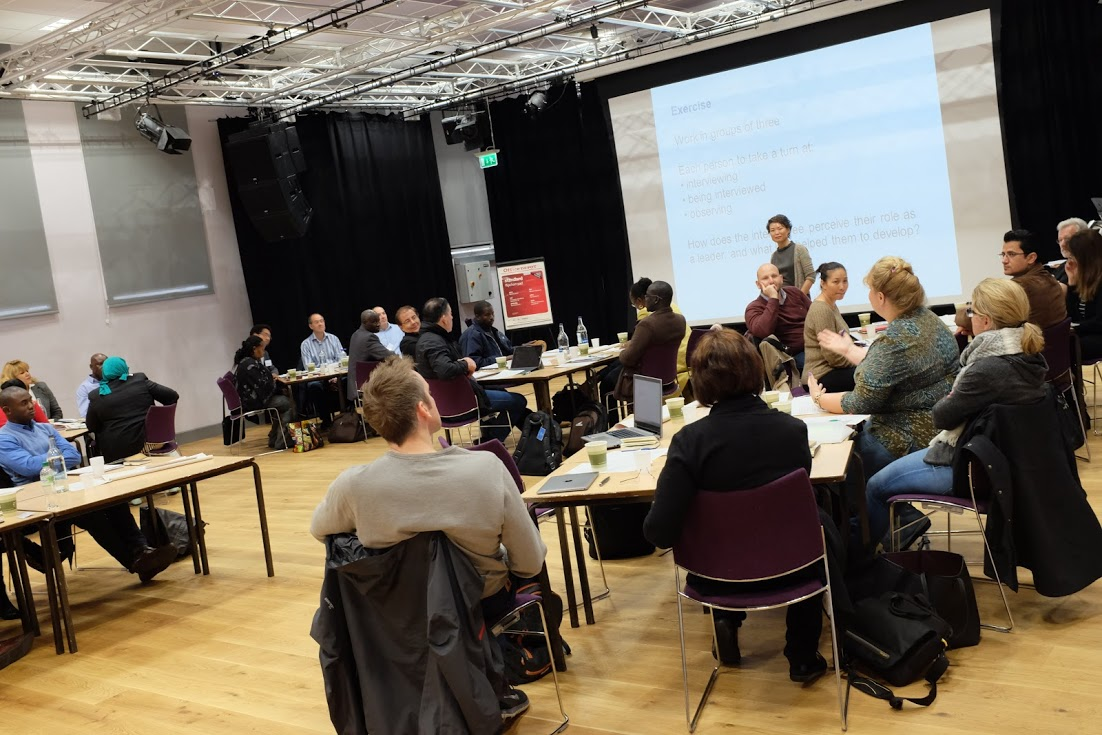
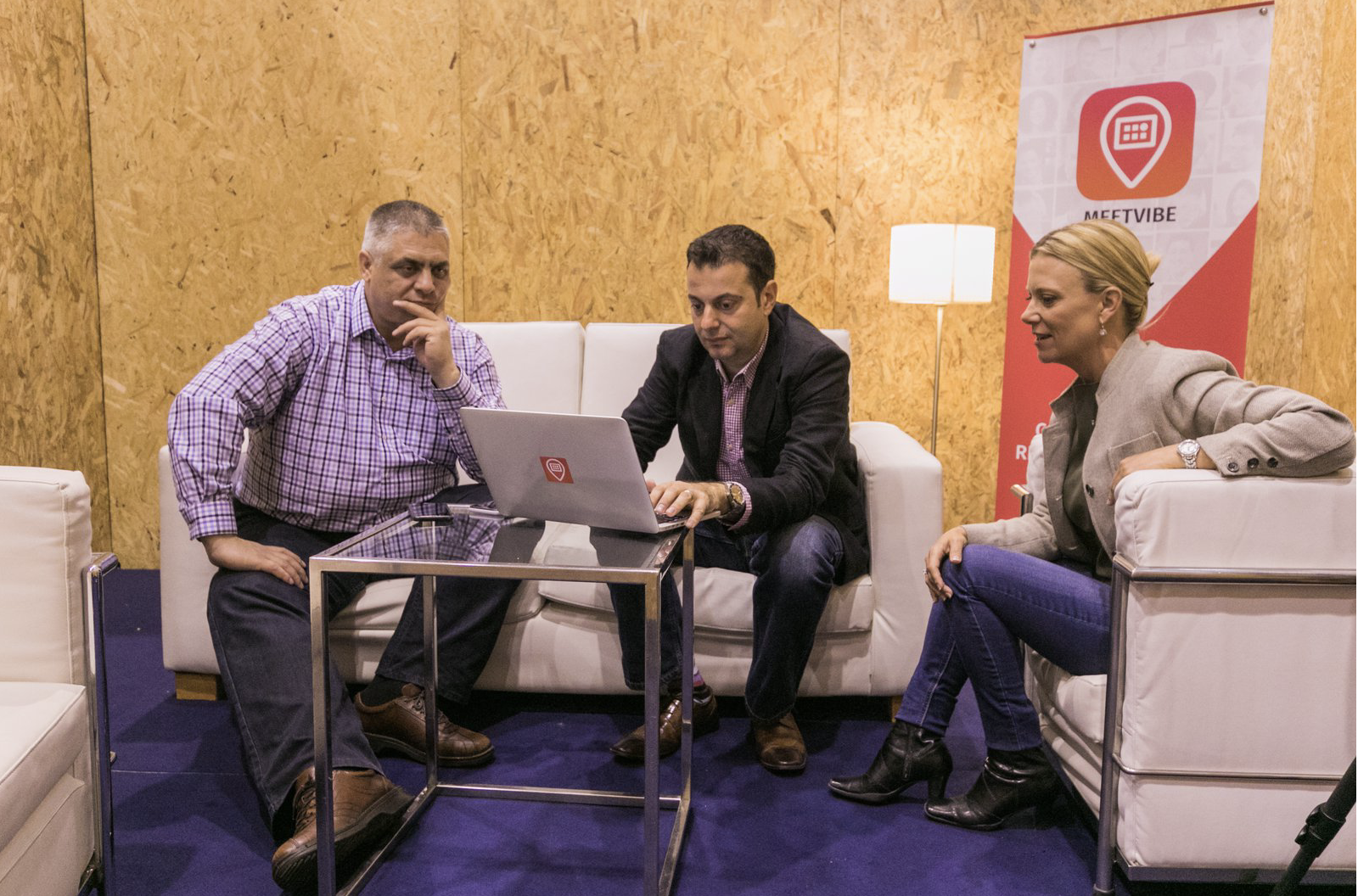
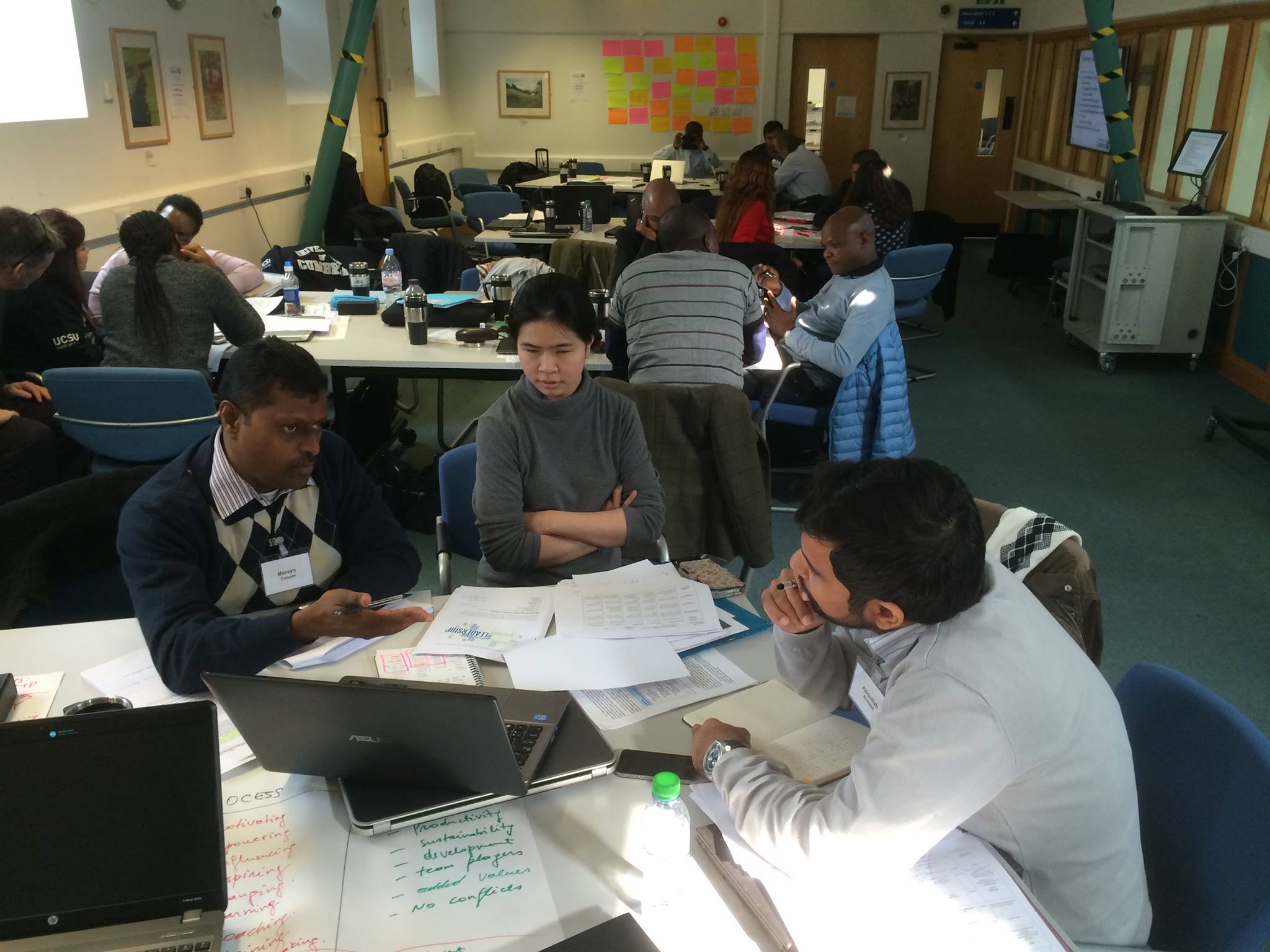
 Going back to school is never easy, especially if you are a working professional and have to juggle a career and your personal life along with your education. But now that you have decided to go back to school, you might as well focus on becoming the best student you can be.
Going back to school is never easy, especially if you are a working professional and have to juggle a career and your personal life along with your education. But now that you have decided to go back to school, you might as well focus on becoming the best student you can be. 
 Active participation in class can have a number of positive impacts on your student life. Teachers notice
Active participation in class can have a number of positive impacts on your student life. Teachers notice 


